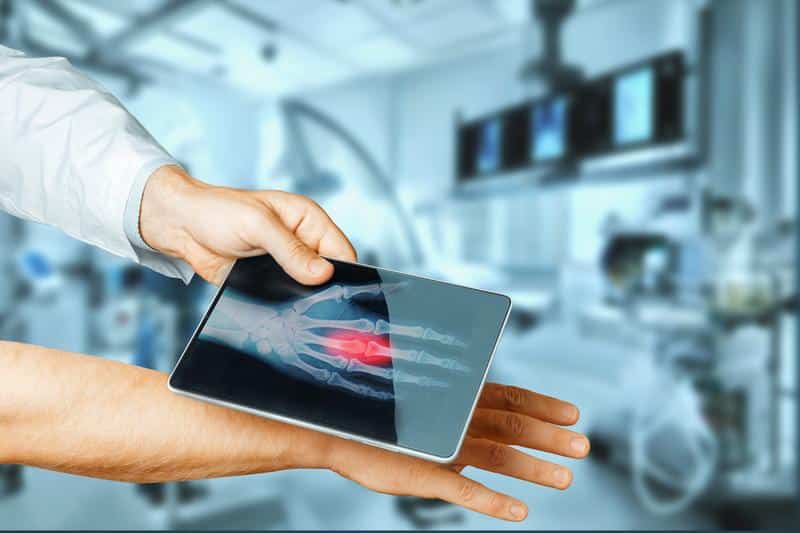Estimated reading time: 4 minutes
At this very moment, technology is positively impacting the healthcare industry. In the last five years alone, the changes have been dramatic. The main breakthroughs are in medical devices, treatment options, data collection, disease control, prosthetic limbs, and surgical procedures. Technology has enabled faster diagnoses, earlier treatment, preventative measures, and better research and data processing opportunities. For doctors, technology provides a live stream of patient data which saves time and resources, increases efficiency, and allows for real-time visualization of a patient’s medical parameters and overall health. Here are some technologies making an impact in the medical field today. Modern technologies also help students enrolled in medical courses. For example, now it is easy to get a nursing essay without leaving your home by using only your smartphone.
3D Printing
There are several uses for 3D printing that have revolutionized the healthcare industry. Bioprinting tissues and organoids uses a computer-guided layering of living cells. Called bio-ink, it creates an artificial living tissue for research and organ transplants. Sterile surgical instruments can be produced with a 3D printer. These instruments include forceps, scalpel handles, clamps, hemostats, and other devices that can be made very small for a more precise surgery. Prosthetic limbs can be custom-made, which is especially useful for children and teenagers. It allows for creativity and personal expression for arm or leg amputees. This technology can also speed up surgical procedures by creating 3D patient-specific organ replicas, including for use as skin grafts.
This technology has found application in dentistry and orthodontics as well, with Calgary orthodontist applying it to create custom alignment treatments similar to braces, specially designed for each patient. This cost-effective option allows dental health professionals to better treat their patients’ conditions.
Artificial Intelligence
Artificial intelligence (AI) is the use of computers and software that are capable of intelligent behavior such as learning and analysis. These machines can learn independently without specific programs. It’s known that the AI healthcare market is growing, and this is mainly because it is proficient in many different areas of healthcare. Diagnostics are benefiting greatly from AI. With assistance from AI, this area of focus can categorize a huge amount of data, especially on diseases. Another AI marvel in the healthcare field is the implementation of virtual nursing assistants. These virtual healthcare providers can replicate the actions of a nurse. They assist patients by reminding them to take medications, go to appointments, and they can answer medical questions. They save the U.S. healthcare industry about $20 billion a year. Robot-assisted surgery is another AI based healthcare technology that allows surgeons to use smaller tools and make more precise incisions.
Remote Monitoring
Remote monitoring of the health and condition of a patient is a great service, especially for people who find it difficult to move or get to a hospital or clinic. Patients can talk to their doctor without leaving home, and the doctor can monitor the patient’s blood pressure and other vital signs. Remote monitoring is particularly useful for people with pacemakers and other heart conditions. It helps signal the early stages of illness, and several specialists can access the same information of one patient. Other applications of remote monitoring are disease management in remote locations, control of chronic diseases, and early detection of some conditions to avoid emergencies or hospital readmissions. It has reduced the risk to patients while delivering high-quality care for controlling diabetes, reducing the risk of heart failure, helping to prevent falls and monitoring the symptoms of dementia.
Technology has had a major impact on the healthcare industry. Information technology alone has made patient care more reliable, and 3D printing has revolutionized organ transplants and surgical procedures. Though it seems vast and challenging, technology can help make a patient’s experience the best it can be.
For more information about new smart technology, read on here!
Share this content:
